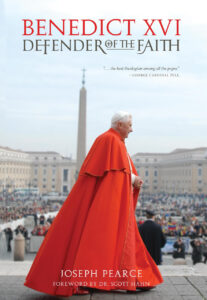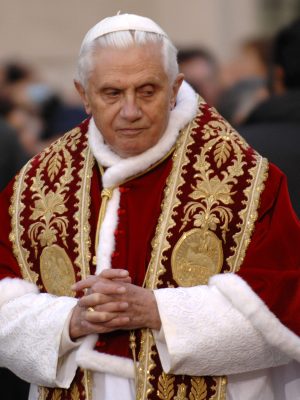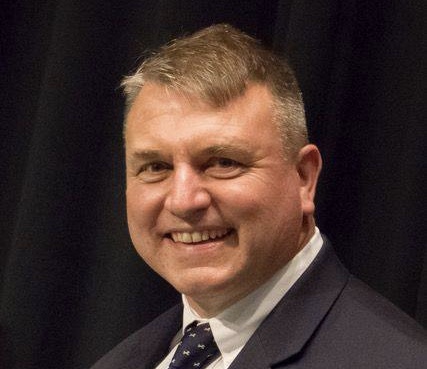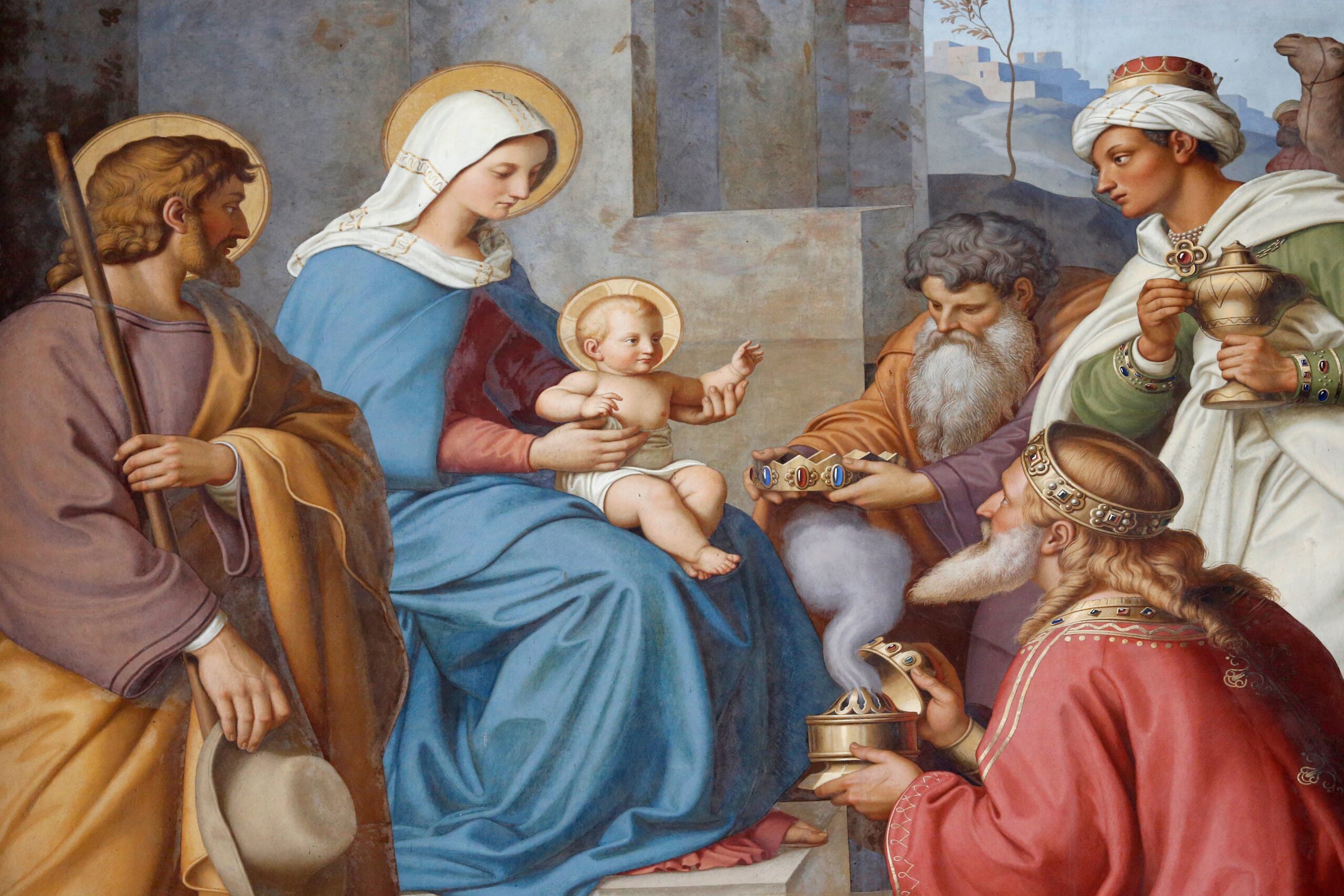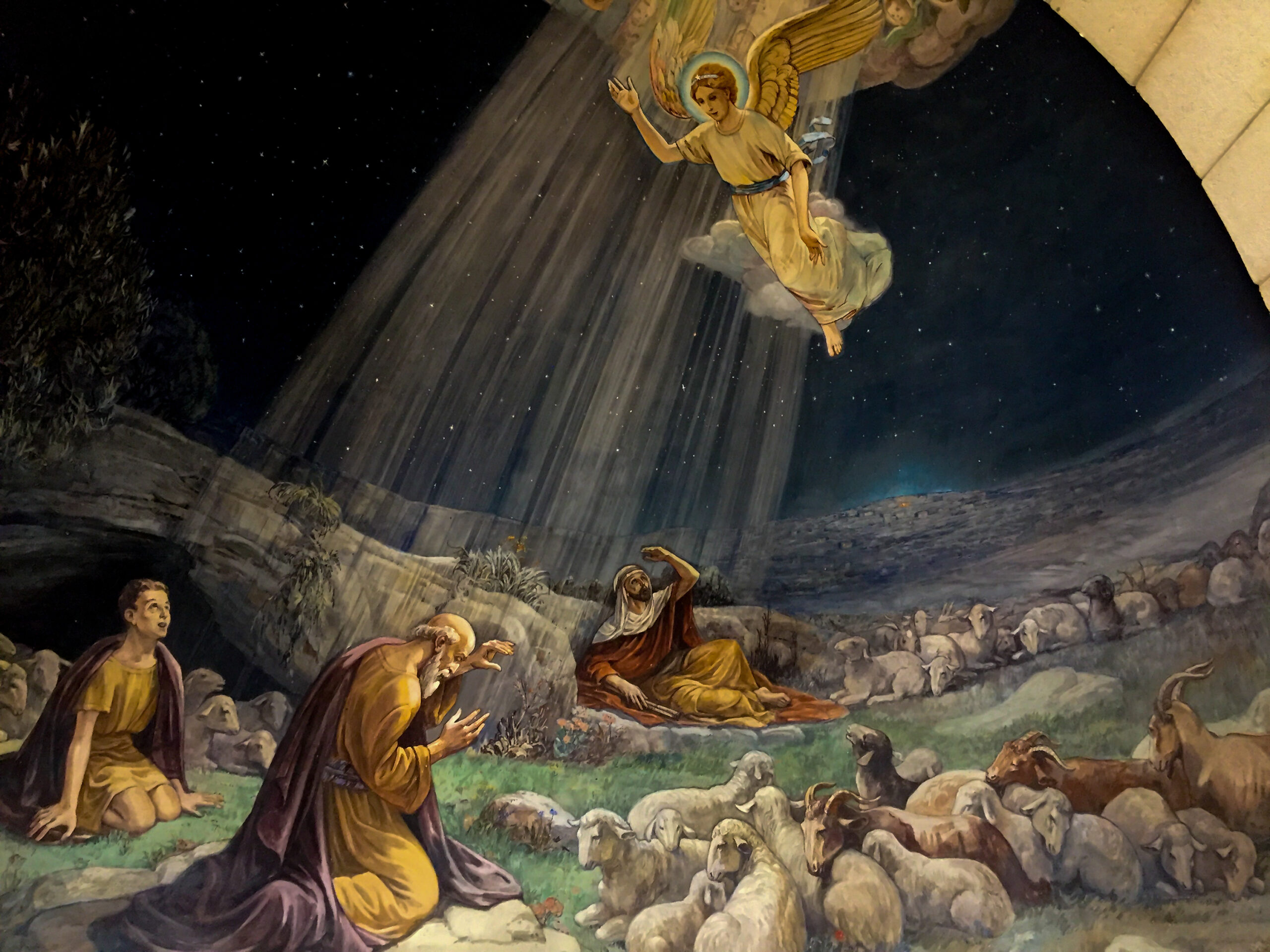The following is an excerpt taken from Joseph Pearce’s biography, Benedict XVI: Defender of the Faith. Like the Infant Christ, Pope Benedict XVI was a man of humility and prayer. He never sought prestige and power; rather, he preferred a life of reading, study, and solitude. He suffered silently for the salvation of souls and for the purification of the Church. And like his predecessor, Pope St. John Paul II, Pope Benedict XVI loved the youth. His message below is a reminder to everyone to pursue holiness. To reform the world, we must become like the Magi and the saints by following a different path.
Benedict challenged the youth of the world to choose the way of the Magi over that of Machiavelli. Like the Magi on their discovery of the Christ Child in the poverty of the stable, “they had to change their ideas about power, about God and about man, and in so doing, they also had to change themselves.” Like the Magi, the youth of the world were being challenged “to see that God’s power is not like that of the powerful of this world.”
The ultimate challenge facing the youth of today was the challenge of sanctity, the call to become saints:
“The Magi from the East are just the first in a long procession of men and women who have constantly tried to gaze upon God’s star in their lives, going in search of the God who has drawn close to us and shows us the way.
It is the great multitude of the saints—both known and unknown—in whose lives the Lord has opened up the Gospel before us and turned over the pages; He has done this throughout history and He still does so today. In their lives, as if in a great picture-book, the riches of the Gospel are revealed. They are the shining path which God himself has traced throughout history and is still tracing today.
One need only think of such figures as St. Benedict, St. Francis of Assisi, St. Teresa of Avila, St. Ignatius of Loyola, St. Charles Borromeo, the founders of nineteenth century religious orders who inspired and guided the social movement, or the saints of our own day—Maximilian Kolbe, Edith Stein, Mother Teresa, Padre Pio. In contemplating these figures we learn what it means “to adore” and what it means to live according to the measure of the Child of Bethlehem, by the measure of Jesus Christ and of God himself.”
Paradoxically, and in spite of what the world thinks, it is only the saints who are true revolutionaries able to reform the world. The saints, the Pope told the youthful assembly, are the “true reformers.” Only the saints are really and truly radical. “Only from the saints, only from God does true revolution come, the definitive way to change the world.”
“In the last century we experienced revolutions with a common program—expecting nothing more from God, they assumed total responsibility for the cause of the world in order to change it. And this, as we saw, meant that a human and partial point of view was always taken as an absolute guiding principle. Absolutizing what is not absolute but relative is called totalitarianism. It does not liberate man, but takes away his dignity and enslaves him.
It is not ideologies that save the world, but only a return to the living God, our Creator, the guarantor of our freedom, the guarantor of what is really good and true. True revolution consists in simply turning to God who is the measure of what is right and who at the same time is everlasting love. And what could ever save us apart from love?”
